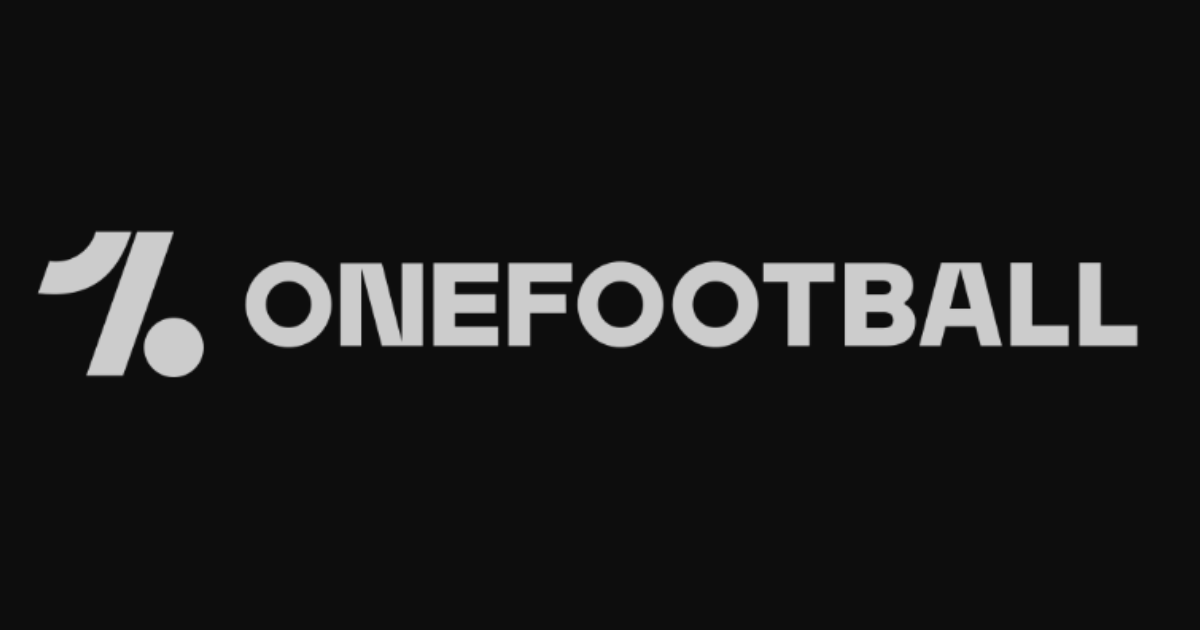
INTERVIEW WITH NICK NERI, DIRECTOR OF PARTNERSHIPS AT ONEFOOTBALL
On November 19 and 20, at the Stadio Olimpico in Rome, the seventh edition of the SFS will feature an engaging panel titled: “New Scenarios in Live and VoD Content Distribution and Monetization by OneFootball“.
Scheduled for Tuesday, November 19, from 10:15 to 10:50 on the Global Stage, the panel will host prominent guests such as Tommaso Bianchini (Chief Revenue Officer of Napoli Calcio), Marco Brusa (Gazzetta dello Sport), and Nick Neri (Director of Partnerships at OneFootball).
The presence of OneFootball, a leading platform in football digital innovation, will lead to discussions on key topics such as the role of OTT platforms, the importance of direct fan engagement, data-driven distribution optimization, new revenue streams, and targeted advertising. For this occasion, we had the opportunity to interview Nick Neri. Here’s what he shared with us:
How do you see the evolution of the partnership between OneFootball and sports leagues in making football more accessible to global fans?
OneFootball aims to be the football platform of the present and future, delivering increasingly engaging football content to fans worldwide.
In this context, the relationship with clubs, leagues, and federations (we call them CLFs) is crucial in creating a direct connection between the game and its fans. Our partnership to distribute Serie A in the UK, with the launch of “Home of Serie A,” as well as our exclusive agreement with Napoli to create the Napoli Summer Pass, offering summer friendlies on a pay-per-view basis, are just a glimpse of the wide range of live and VoD content coming to OneFootball. Starting this season, over 160 CLFs partnering with us can create an account on our platform to distribute, amplify, and monetize both live matches and on-demand videos. This definitely makes football more accessible to fans and amplifies the passion for the world’s most beautiful sport.
What are the most significant challenges digital football platforms face today in creating value for both fans and commercial partners?
The biggest challenge that all digital sports platforms—not just football platforms—face (and have been trying to overcome for years) is economic sustainability, depending on their goals and perspectives. There are players operating at different levels, with varying value scales: from traditional broadcasters still capable of supporting multimillion-dollar investments to distribution platforms like OneFootball, which operate on distinct parameters and can become strategic partners. This applies not only to clubs, leagues, and federations (e.g., Napoli SSC, which experimented with friendlies and is here to share its satisfaction) but also to broadcasters like SKY and DAZN. For instance, in Germany, they have opened their own channels on OneFootball and entrusted us with offering pay-per-view access to specific strategic rights.
The issue lies in profitability, which has been elusive for most players so far. We have seen disruptors like Amazon and Apple entering the market; they don’t make content commercialization their primary business but instead see sports streaming as part of a broader offering. In my opinion, the market is still evolving and will stabilize in favor of competitors that manage to strike a sustainable balance between content offering, promotion, and monetization.
The involvement of commercial partners, seamlessly integrated, becomes crucial in this equation, provided the platform can create, measure, and deliver the right value for all stakeholders. OneFootball is finding this balance by integrating various revenue streams, from B2B digital advertising to direct-to-consumer (DTC) pay-per-view OTT streaming, and even the introduction of the marketplace.

How does OneFootball use technology and data to enhance the fan experience and increase user engagement?
OneFootball is the leading football platform, and through our algorithm, we’ve created a personalized experience tailored to the fan, starting with their selected club, league, or national team. Based on this, we provide fans with relevant content such as real-time scores, the latest news, lineups, and more. We collect first-party data during the onboarding process and leverage push notifications—which 80% of our fans have enabled since we provide only relevant content—to access the locked home screens of over 20 million registered users.
This provides a significant competitive advantage, as it allows us to use this data and accessibility not only for advertising but also to make the user experience increasingly immersive. Recently, we launched our loyalty program, OneFootball Club, which allows fans to earn or purchase tokens to access immersive experiences on our platform. We believe this is the natural evolution of what was once referred to as “Web3,” a concept that stagnated following the crypto and token market crises but still holds immense value for fan engagement.
What is OneFootball’s vision for the future of football content, and how do you see fan needs evolving over the next decade?
In many ways, OneFootball is already the go-to football platform for traditional content: we produce hundreds of thousands of pieces of content in six languages every month and stream over 40,000 live matches annually. Our goal is to become the global one-stop shop for football content and services.
To this end, we are integrating a marketplace to enable fans to purchase merchandise from their favorite teams without ever leaving the OneFootball ecosystem. In the future, we plan to add features like ticketing and potentially betting, so we can meet every fan need. Our aim is not only to grow our user base but also to increase the Average Revenue per User (ARPU) to make our business more profitable.
I believe that competition among platforms and broadcasters will provide fans with numerous consumption alternatives based on their preferences, needs, and purchasing power. We will undoubtedly see a growing demand for higher technological standards from users, including more immersive AR and VR experiences (e.g., Apple Vision Pro, Xtadium-MetaQuest VR) and the integration of data and statistics into AI-assisted live streaming.
However, expectations are not always matched by a willingness to pay a premium price, so the need to draw on commercial partner resources for integrated campaigns will become increasingly important to sustain the profitability of content distribution.
Traditional broadcasting models are thus gradually giving way to more flexible, personalized, and accessible solutions. Digital technologies and the integration of new monetization strategies play a crucial role in this transition. The only thing left is to attend SFS to understand the future of football consumption and the growth opportunities for clubs, leagues, and industry stakeholders.



